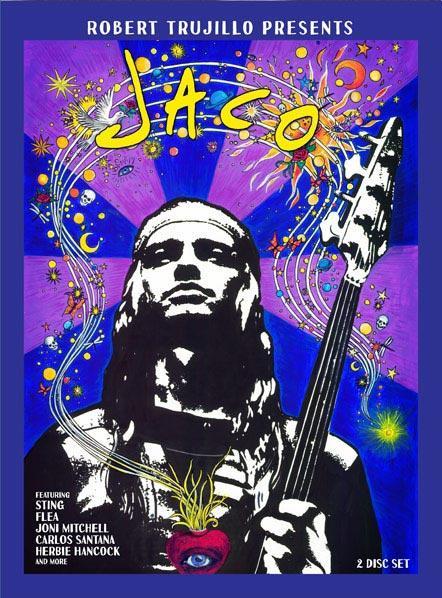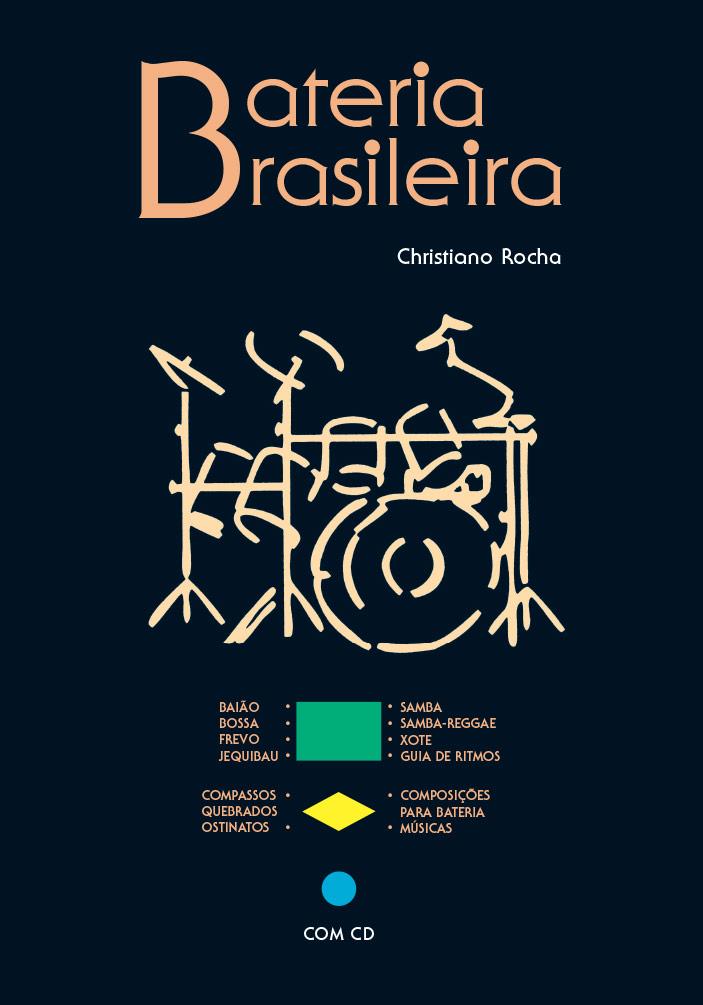The Drummer In You by Bobby Deitch is a ground-breaking, innovative, easy method for learning how to play the drum set. The book does not use standard rhythmic notation, but will have any drum enthusiast playing the coolest rock beats before you know it. The book focuses on playing many of the more popular rock beats mixed with some popular Latin, Funk and R&B beats. The Drummer In You is endorsed by Grammy award nominated drummers and highly respected music educators.
Endorsements
Adam Deitch (Justin Timberlake, Big Daddy Kane, Lettuce, The John Scofield Band to name a few.):
I began sitting in with my parents band at around 7 years old. Now, with a solid 20 years plus as a professional drummer, I have had some time to analyze my Dad’s incredible method of teaching drums. My father always stressed fun on the instrument first. I was the classic A.D.D. kid, so this approach was vital to me in creating a bond between the drumset, music and myself. Through his “number system” I was taught the ease of some of the most difficult drum beat patterns and beats.
Being able to visualize the way the beats are constructed in such an easy to learn way has helped me succeed in big league situations such as the John Scofield band, Average White Band, and Meshell Ndegeocello. My Dad’s method allows for a short hand application to traditional notation that can help a beginner start off with a “BANG”, or an experienced pro quickly notate a beat on the fly at a session or gig. I applaud my father for his continued commitment to music and drumming, as well as helping to break down walls between people and their instruments. And trust me, I’ve seen this work with my own eyes: cousins, uncles, friends, and even kids just start to comprehend the beats quickly and play them. It’s a joy to watch someone who has never sat down on the drums, have that immediate, joyous feeling that only playin’ a funky James Brown groove can bring.
Terry Silverlight:
Bobby Deitch’s “The Drummer In You” offers a unique learning approach that sets it apart from others. Bobby draws from personal experience in his search to teach beginners how to play drums without discouraging them, which traditional methods often do. Here is the result of his journey. I believe that “practical application” is the most productive concept in education, and this book is a great example of that.
Zachary Dunn:
This book is top-notch, where was this when I first started drumming? I recommend this book to anyone who has any ambition to play drums or someone who is trying to learn the traditional method but just isn’t quite getting it. The author’s box method is brilliant and makes learning beats exponentially easier. I believe this book can jumpstart a beginner tremendously and you will be playing cool beats in no time.
J. Bond:
Great way to get started with drumming & acquainted with common patterns & beats. Definitely recommended for beginners…….
Richard Schwartz:
This book is awesome in its simplicity and its uniqueness. The approach to teaching any beat, by the numbers, instead of by traditional music reading makes it easy for anyone to use. If you can count to eight, you can play drums with this book, including more complicated beats.
Constance Byrne:
Loved this book! Made learning to play beats easy.
Denise Deitch
Teaching music for over 25 years, I have had many students that showed natural musical ability yet displayed real difficulty in reading traditional notation. I have noticed over the years that many students became frustrated and discouraged with learning a musical instrument because of their inability to grasp the concepts of traditional music notation. When introducing non- traditional methods of notation to young students, I have witnessed first hand how they can nurture their innate talent and eventually become proficient musicians. The point of reading music can be analogous to reading a road map, allowing one to arrive at a destination. If a student does not understand how to read the map, he or she may not be able to get to his or her creative destination. My question is: why enforce students to labor over traditional notation in every circumstance, which in many cases inhibits his or her ability to play an instrument as so many music teachers might do, just because it has been imbedded in their training and thinking? It is time music teachers realize that “one size does not fit all”, but all musical talent must be identified and nurtured, regardless of a students ability (or inability) to learn traditional music notation. It saddens me to think of how many musically talented students have been turned off to learning an instrument because their teachers stressed reading traditional notation as the measure of what it takes to be a good musician. I applaud Bobby for finding a non-traditional method for allowing aspiring drummers to explore their creativity as drummers in an easy to learn method that will not stifle their creativity.
(Denise Deitch holds a Bachelor of Music Degree in Education from Berklee College of Music in Boston, Mass., and a Masters Degree in Early Childhood Education from Lehman College of the City University of New York. She has been teaching classroom, vocal and instrumental music at the elementary level in Rockland County, New York for more than 21 years. Denise has also played drums professionally for more than 25 years.)











